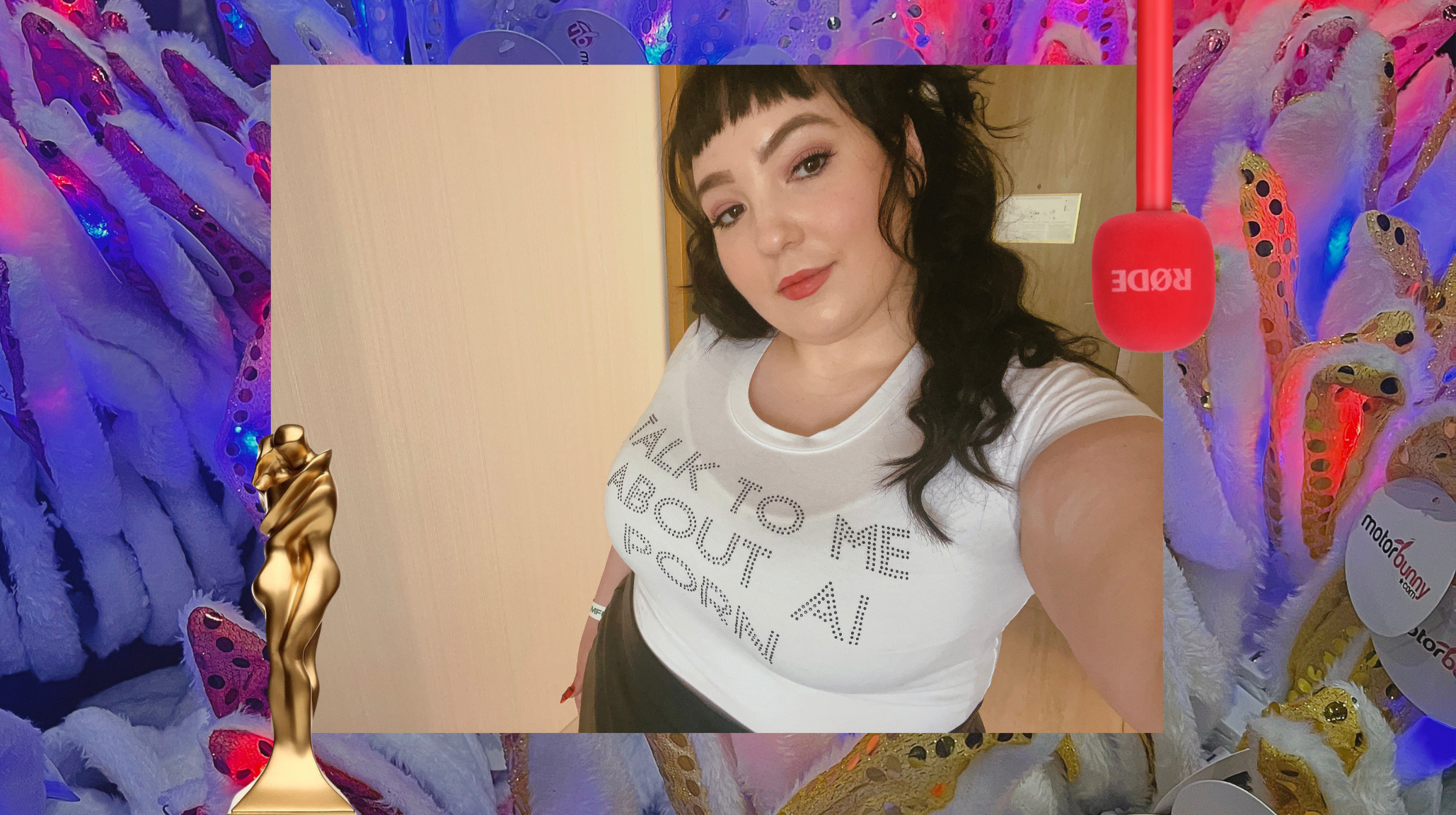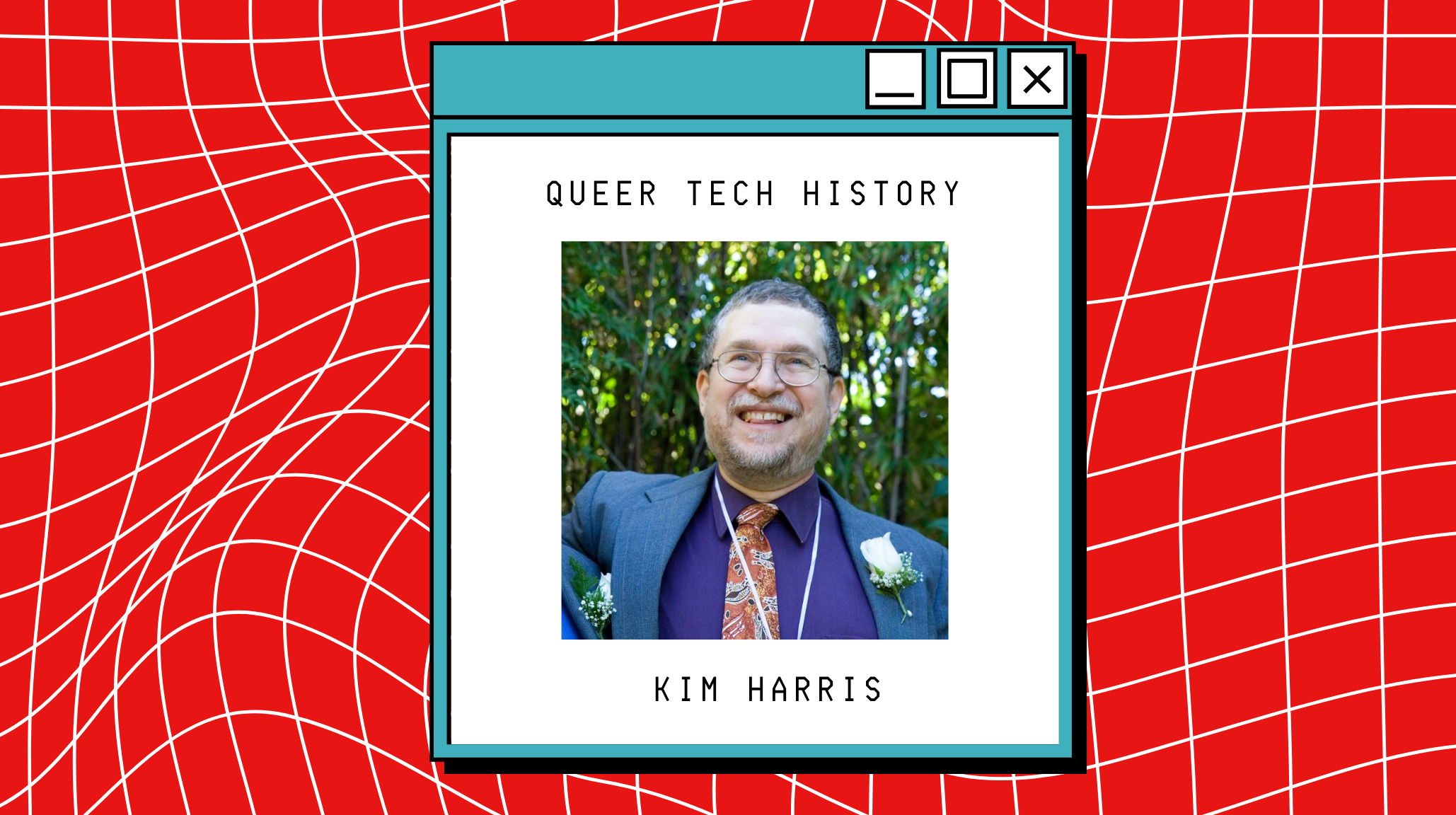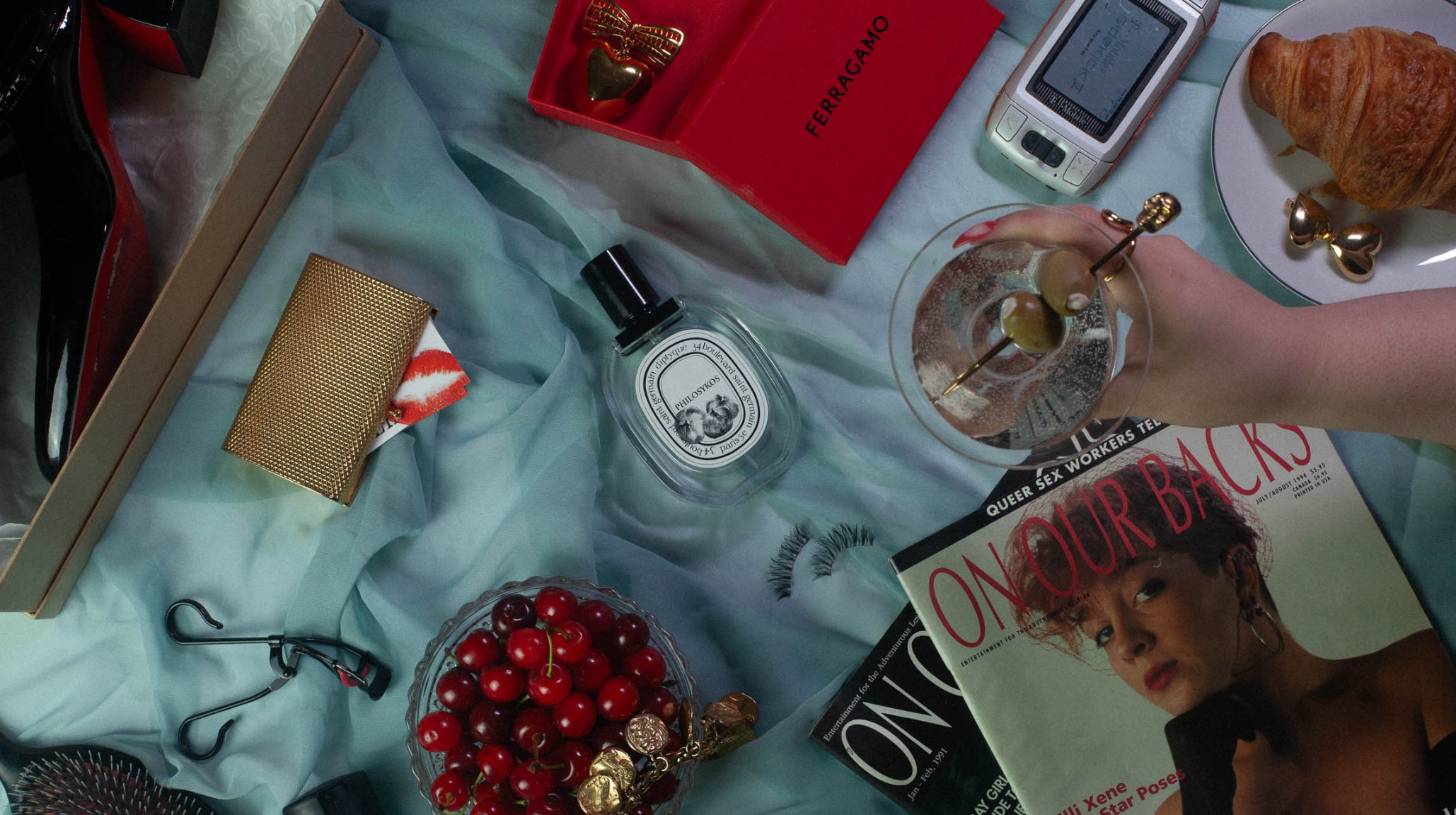The greatest thing about the internet, or the worst depending on who you ask, is that anything you say lives forever. Fortunately, I have gotten to experience the permanency of my words over and over again.
Several months ago, while catching up with a friend over dinner at quite possibly one of the most mid Mexican restaurants in Chicago (trust me, there are far better), the conversation turned to weight. I disclosed that I was on a GLP-1.
I was nervous. I hadn't seen this friend in a while, and while it was obvious I'd lost some weight, I hadn't really disclosed anything about it. For years, I'd been deep in the fat liberation movement, preaching to 8,000 Instagram followers about how intentional weight loss was fatphobic, how health at every size was truth. Now here I was, actively choosing weight loss for my health.
My friend looked relieved. They'd been wanting to share their own experiences with their body but weren't sure how I'd react, given all the fat positive content I used to post. We were both scared to be honest about what we'd been going through.
That conversation over overpriced tacos wasn't unique. Since then, I've had similar talks with several people who feel trapped between prioritizing their health and fearing judgment from a community that once felt like home.
We're supposedly in the "Ozempic era" now, at least according to social media. Everyone has opinions about GLP-1s. Some people act like taking them is cheating, others treat them as miracle drugs. The fat liberation movement has mostly landed on calling them evil, with some going as far as to equate Ozempic with the genocide in Gaza. Posts saying "marked safe from Ozempic" or "resisting Ozempic" flatten the issue completely, ignoring that some people need these medications for their health.
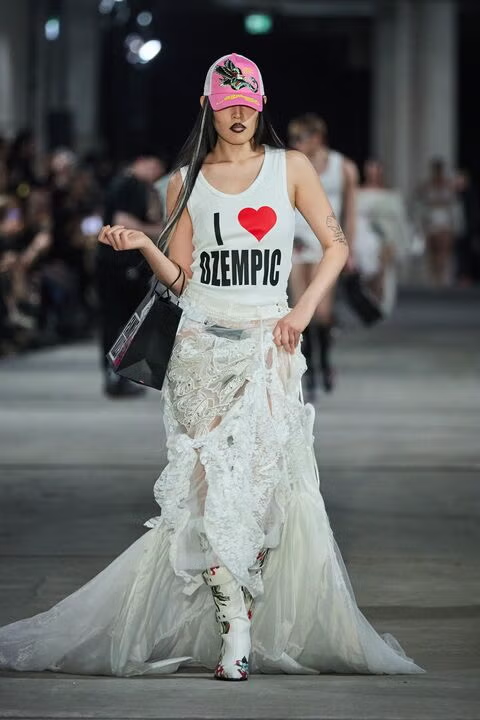
In trying to dismiss weight loss culture, they've also dismissed health from the equation. And if I'm being real honest, some, like the person comparing genocide to Ozempic, need the sensationalized content for social currency or the sake of engagement.
I found plus-size fashion first, way before anything else, bloggers wearing cool clothes. But around 2014, I stumbled into fat positivity and eventually fat liberation. People use these terms interchangeably but they're different: body positivity, fat positivity, fat liberation all have different goals and values, though there's overlap. Not everyone in each movement believes the same things either. I do think a lot of fat liberation and the health at every size (HAES) community talks about plus size fashion, and particularly tries to gain traction from some of the plus size fashion dialogues.
When I found fat liberation, it felt like freedom. Finally, a space that said my body wasn't wrong. That I deserved respect, love, access to fashion, competent medical care. Plus-size creators were breaking rules about what fat people could wear, talking about confidence at any size. The movement gave me language for experiences I'd never been able to articulate—medical bias, workplace discrimination, the thousand small ways the world tells fat people we don't belong.
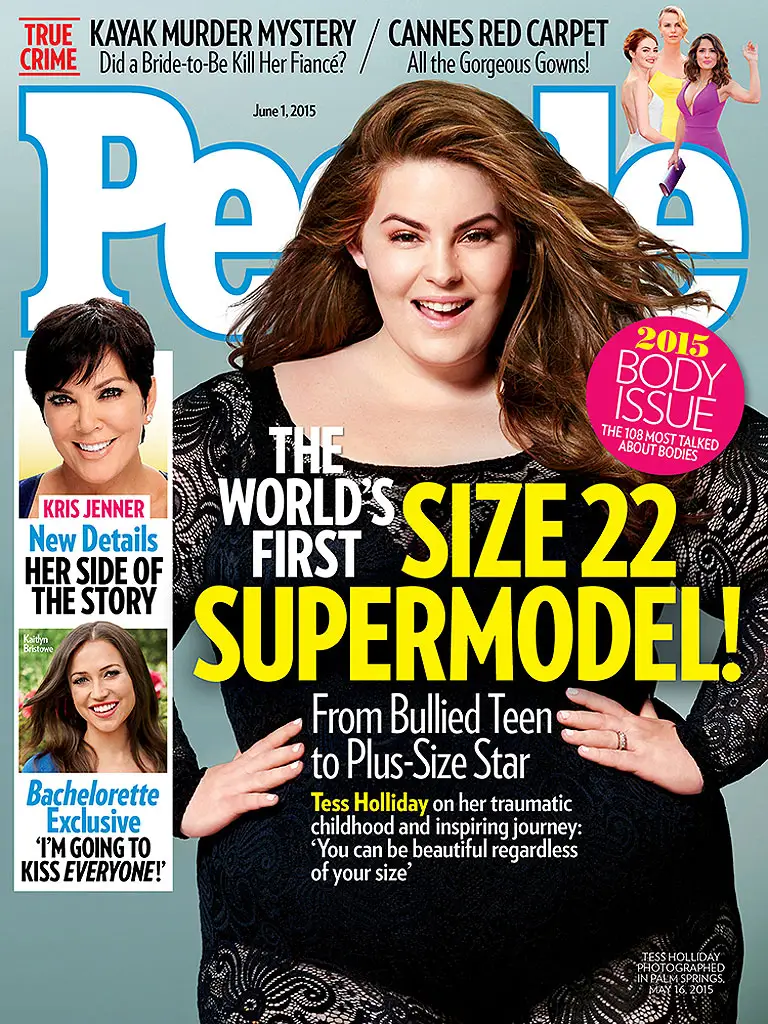
I dove in completely. By 2018, I was posting the same rhetoric I saw other creators sharing. Health at every size, diet culture is violence, just parroting a lot of things I saw others saying, in all honesty without doing enough research or thinking for myself. I said and did things I regret now, particularly how mean I became. I dismissed other people's insecurities because they were "only" a size 16. I centered myself in other people's choices, convinced that anyone losing weight was somehow personally attacking me. I turned myself into this victim for some sort of validation. Particularly being a little bit snarky, for the sake of attention.
The thing about online movements is that moderation doesn't get engagement. The goal posts kept moving. In 2016, it was "diets don't work long-term." By 2018, it was "any intentional weight loss is fatphobic." By 2020, it was "you want to lose weight so you don't look like me," centering themselves in other people's personal choices. By 2024, some people were arguing that wanting to maintain mobility was ableist.
Now in 2025, the community is obsessed with categorizing fatness (see "fategories"), ranking privileges based on clothing size while ignoring other factors like class, education, or race. According to some people, a 3X isn't even plus size anymore. They'll debate endlessly about who has it worse while missing that fat in Los Angeles is completely different than fat in the Midwest.
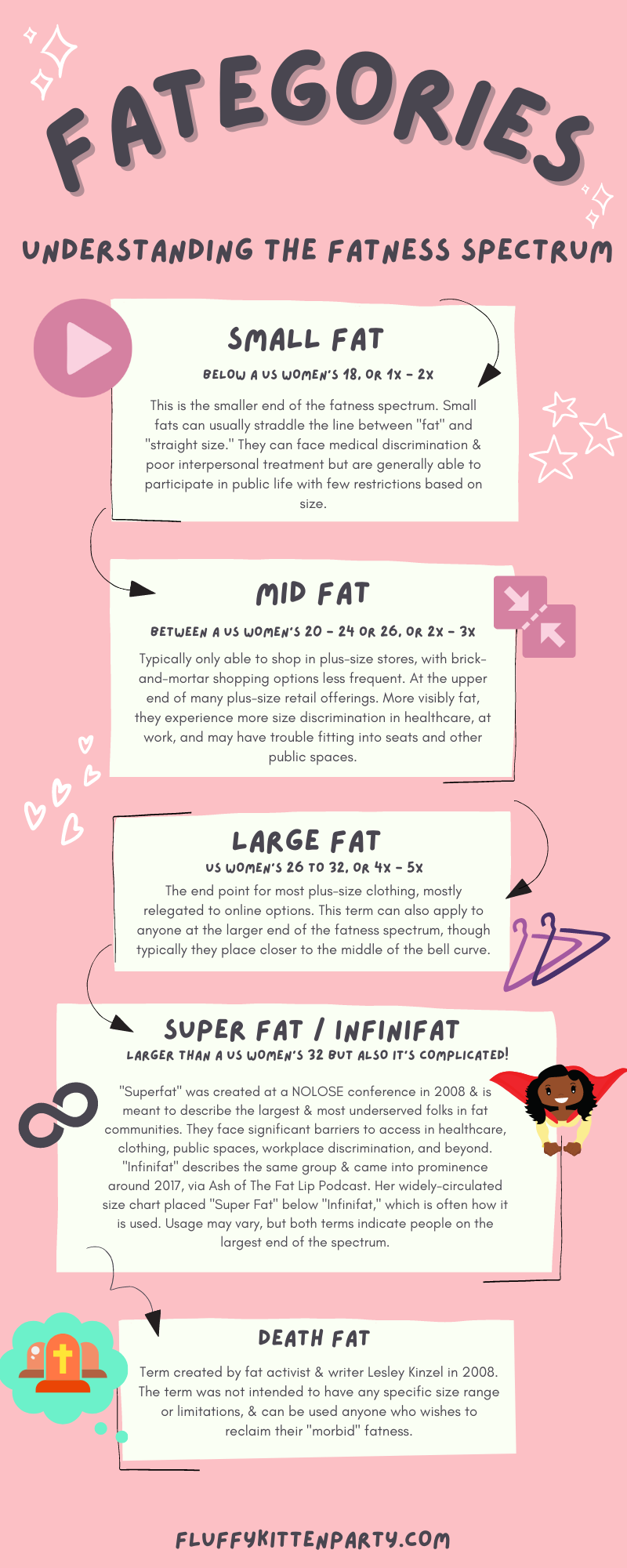
The more extreme the take, the more likes and shares it got.
I kept trying to keep up. Someone would post that BMI was racist (which, yes, it has racist origins and applications), and I'd parrot it without examining the nuance. Someone would say you could be healthy at any size, not just 200 or 300 pounds, but 400, 500, 600 pounds, and I'd defend it without thinking about what that actually meant. I was so afraid of being seen as fatphobic, a traitor to the movement, that I stopped thinking critically.
My world got smaller. I unfollowed anyone who posted anything vaguely different than my opinion, or who didn't post about fat acceptance at all. I was becoming someone I didn't recognize: angry, defensive, exhausting to be around. I felt like I had this perpetual chip on my shoulder, mostly rooted in jealousy. I remember at one point thinking some people's accomplishments, or ability to get attention was because of their size. Someone I love finally pointed it out: I was changing. I was using fat liberation, and as much as it pains me to say, social media, as an excuse to not engage with my own life.
Then COVID hit, and the cracks started showing.
I spent early 2020 listening to medical professionals on the news talk about increased risk for severe COVID based on weight. The same fat positive influencers who posted constantly about believing science when it came to masks and vaccines were dismissing these warnings as medical bias. They'd cherry-pick which medical information to trust based on what felt comfortable. Believe doctors about vaccines but not about weight-related complications. Trust the CDC on masks but not on obesity as a risk factor.
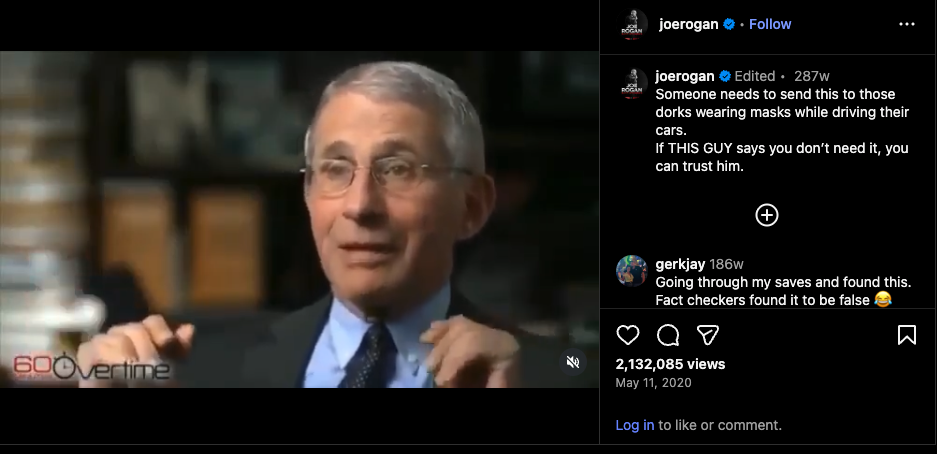
It sounded exactly like the right-wing conspiracy theorists they mocked. The cognitive dissonance was obvious to everyone except us.
But the real wake-up call came in 2021. I was 28, hadn't had my period in 18 months. Initial bloodwork showed Type 2 diabetes. Additional testing found large polyps on my uterus that needed immediate surgery—they could have been cancerous given their size and location. The biopsy came back clear, but sitting in that doctor's office, all I could think was: "Fuck. I did this to myself."
I'd spent years saying I was fat and healthy. Health at every size. Your weight doesn't determine your health. Then one day I woke up with Type 2 diabetes. Except I didn't just wake up with it: it was years of choices, of not taking my health seriously, of using food to regulate emotions instead of dealing with them. I felt stupid for believing that health at every size meant I could ignore my body's warning signs.
The movement's rhetoric around medical care had become increasingly harmful. "All doctors are fatphobic." "They're trying to harm you." "You know your body better than any medical professional." This fear-mongering kept people from seeking care. And this idea that we know more than medical professionals isn't unique to fat positivity (looking at you, Kat Von D).
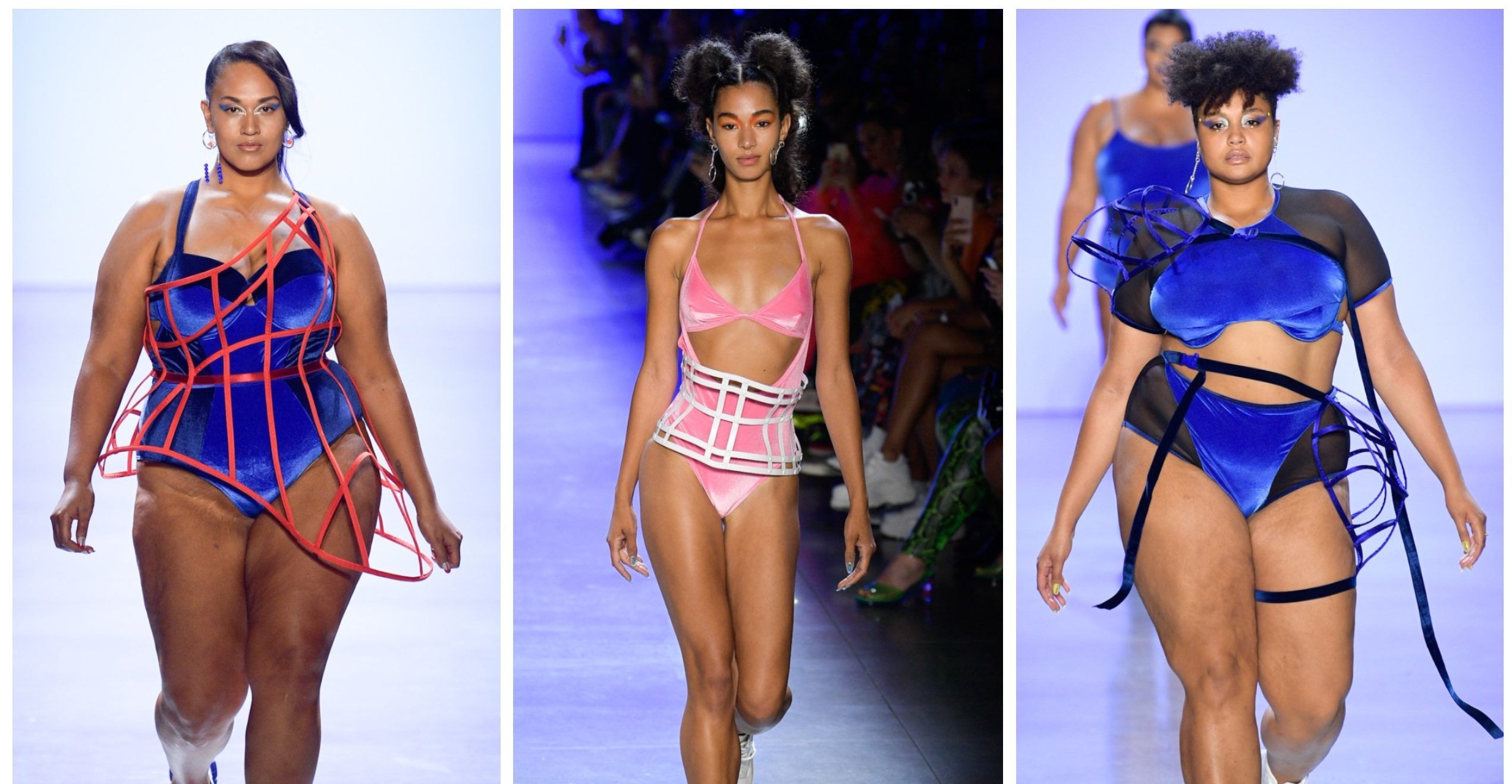
There had been other signs I'd ignored. A trip to LA with my partner, their first time showing me their hometown. I couldn't walk from museums to parking lots without pain. My feet hurt, I was exhausted from what should have been easy walks, and I was nasty about it. Short-tempered, complaining, ruining what should have been a special trip. My partner tried to problem-solve, but I could feel their disappointment. Not just about that trip, but about how negative I'd become about everything—our future, our life together. They were trying to build something with me while I was convinced I didn't deserve a future worth planning.
So after my health diagnosis and surgery, I started working out, changing my diet, seeing a dietician. I found a new doctor, a weight loss specialist who combined real bedside manner with honesty. We talked about GLP-1s for my blood sugar. I started taking one.
Since then, I've lost twenty percent of my body weight. Brought my blood sugar out of diabetic range. The arch pain is gone. I can walk six miles in heeled boots at conferences (I like a little glamor, ok, and a heel is the only way!). I hike now. I swim. I weight train. My body craves movement in a way it never did before. I'm in therapy working through my relationship with food because I don't want to pass these patterns on to future children. I still have major work to do, but a lot has shifted, physically and mentally.
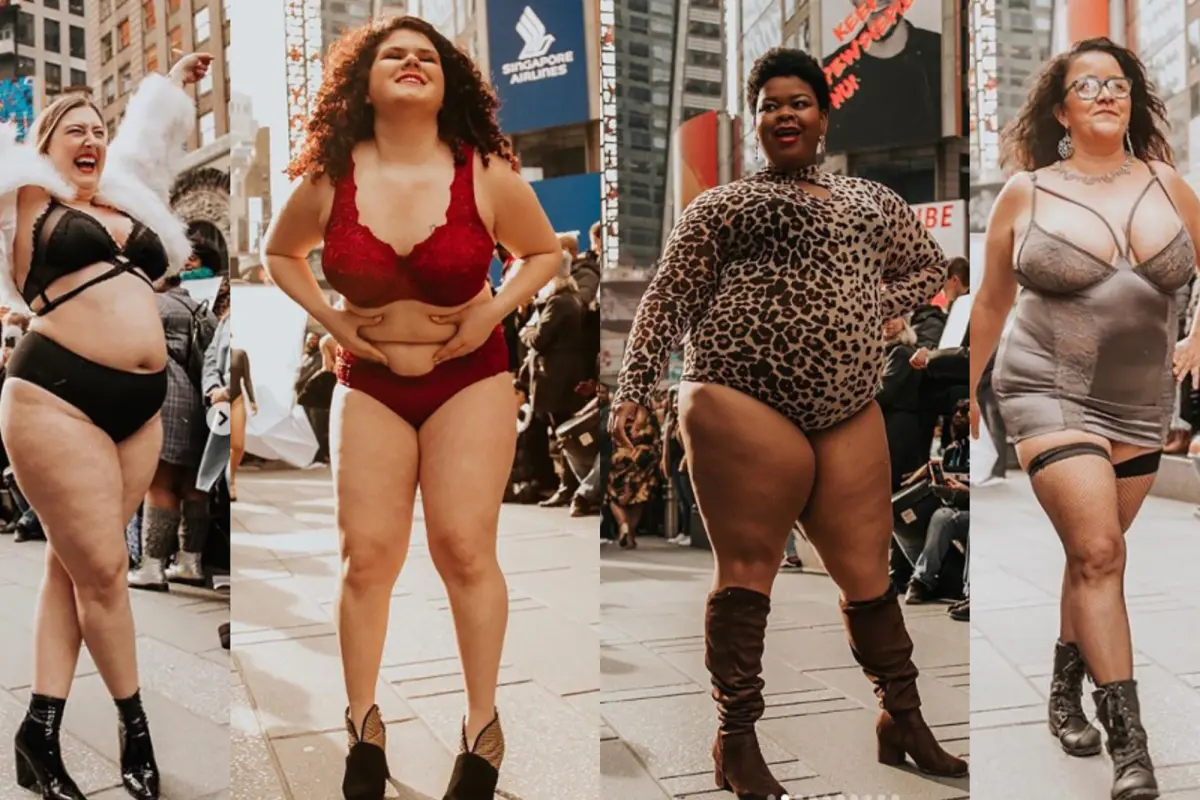
By late 2020, I'd already started pulling away from the movement. I took a two-and-a-half-year break from social media, stopped posting entirely. When I came back in 2023, the echo chamber was more obvious. Or maybe I was just outside of it.
Then came what has come to be known as wipe-gate, one of online fat positivity's biggest controversies. A well-known formerly fat positive influencer with over 200K followers posted that she was proud she could wipe her ass after losing weight. The response was immediate and vicious. Another influencer with 35K followers wrote an article titled something like "I Can't Wipe My Ass...," arguing that wanting to maintain that ability was ableist. The article ran on their partner's website (also a fat positive influencer with 200K followers), complete with paid ads running alongside it.
Monetized outrage over another person's relief at regaining basic function. They ran ads next to an argument that wanting to maintain mobility is somehow discriminatory. It's insulting to disabled people who often fight incredibly hard to maintain or regain function, who go to physical therapy, or who can't access the care they need for financial or insurance reasons. To be so cavalier about losing mobility is a privilege.
But it perfectly captured what the movement had become. The algorithm rewards extremism. More extreme takes get more engagement. Sometimes more engagement means more followers. Sometimes more followers means more money through sponsorships, brand deals, speaking fees. There's also the social currency: the validation, the likes, the feeling of being right. You can't put a price on that kind of gratification.

The loudest voices online exist in an echo chamber. They don't represent how most people feel, but when you're deep in it, it feels like reality.
I still believe fat people deserve respect, love, and competent medical care. Actually, everyone deserves accessible, compassionate healthcare. I still believe in representation in fashion, media, and culture. I still believe fat people deserve kindness and dignity. I still believe that there is a LOT of work that needs to be done in larger society when it comes to loving fat people. I also still believe that there is a major issue with representation, the standards of beauty, and healthcare.
But I also believe in bodily autonomy—real autonomy. The kind that includes choosing to prioritize your health without being called a traitor. The kind that recognizes our choices don't exist in a vacuum (they're influenced by health, beauty standards, society), but they're still ours to make.
Which brings me back to that dinner at the mid Mexican restaurant. My friend and I sat there, both of us having quietly made choices about our health, both of us nervous to admit it. How many more conversations like this are happening? How many people are hiding their GLP-1 prescriptions, their gym memberships, their relief at being able to move without pain?
Social media has made it harder for us to distinguish fact from opinion—an issue that isn't specific to fat positivity. We've conflated people with large followings or loud voices as truth-tellers, treating their vaguely-referenced, diluted readings as gospel. Social media, by its very DNA, encourages these parasocial relationships. It legitimizes extremism. And in that makes nuanced conversations difficult to have.
Maybe we need to start having more of these conversations in person, away from the algorithms and engagement metrics. Away from the performance of ideological purity. These purity tests are slowly killing our ability to connect.
The movement taught me my body was worthy at any size. I still believe that. I just also believe it's worthy of whatever care I choose to give it.
I am not important enough to dictate other people's choices about their bodies. No one is. I am not important enough to center myself in someone else's life. As always, take what resonates. Leave what doesn't.
Like what I have to say? Consider subscribing to my email newsletter!


.png)
